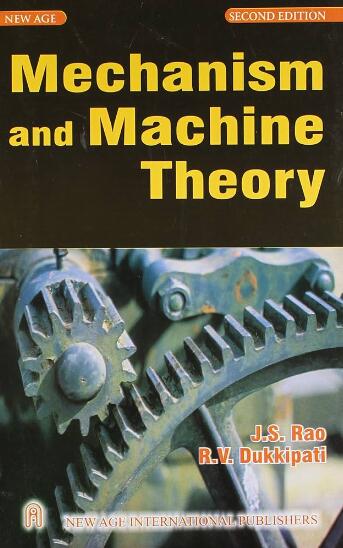Design and tension distribution optimization of a 9-DOF cable-driven parallel spray-painting robot with 3 degrees of redundancy
IF 4.5
1区 工程技术
Q1 ENGINEERING, MECHANICAL
引用次数: 0
Abstract
This paper presents a 9-DOF cable-driven parallel spray-painting robot (CDPSR) with 3 ° of redundancy (DORs) for automated spraying on large, curved surfaces and proposes a feasible cable tension region (FCTR) calculation algorithm for multi-redundant robots. The end effector of the CDPSR consists of two moving platforms connected by a spherical hinge and driven by 12 cables, enabling 9 DOFs of motion (3 for translation and 6 for rotation). Given that the CDPSR has three DORs, a multi-dimensional FCTR vertex calculation algorithm is introduced. The FCTR is an adjacent, continuous, and closed convex hull in every dimension; therefore, the vertices of the FCTR can be determined sequentially and dimensionally. For DOR=3, the vertices on one face of the convex polyhedron are first determined and then extended to adjacent faces until the polyhedron is closed. An experimental prototype of the proposed robot was constructed and experiments on spray trajectory planning and FCTR calculation validation were conducted. The results of the simulations and experiments verified the motion performance of the CDPSR and the accuracy and efficiency of the FCTR calculation algorithm.
具有 3 个冗余度的 9-DOF 拉索驱动并联喷涂机器人的设计和张力分布优化
本文介绍了一种具有 3 °冗余度(DOR)的 9 DOF 拉索驱动并联喷涂机器人(CDPSR),用于在大型曲面上进行自动喷涂,并提出了一种适用于多冗余机器人的可行拉索张力区域(FCTR)计算算法。CDPSR 的末端效应器由两个移动平台组成,通过球形铰链连接,并由 12 根缆绳驱动,可实现 9 DOF 运动(3 个用于平移,6 个用于旋转)。鉴于 CDPSR 有三个 DOR,因此引入了多维 FCTR 顶点计算算法。FCTR 在每个维度上都是一个相邻、连续和封闭的凸壳,因此,FCTR 的顶点可以按顺序和维度确定。当 DOR=3 时,首先确定凸多面体一个面上的顶点,然后扩展到相邻面,直到多面体闭合。构建了拟议机器人的实验原型,并进行了喷雾轨迹规划和 FCTR 计算验证实验。模拟和实验结果验证了 CDPSR 的运动性能以及 FCTR 计算算法的准确性和效率。
本文章由计算机程序翻译,如有差异,请以英文原文为准。
求助全文
约1分钟内获得全文
求助全文
来源期刊

Mechanism and Machine Theory
工程技术-工程:机械
CiteScore
9.90
自引率
23.10%
发文量
450
审稿时长
20 days
期刊介绍:
Mechanism and Machine Theory provides a medium of communication between engineers and scientists engaged in research and development within the fields of knowledge embraced by IFToMM, the International Federation for the Promotion of Mechanism and Machine Science, therefore affiliated with IFToMM as its official research journal.
The main topics are:
Design Theory and Methodology;
Haptics and Human-Machine-Interfaces;
Robotics, Mechatronics and Micro-Machines;
Mechanisms, Mechanical Transmissions and Machines;
Kinematics, Dynamics, and Control of Mechanical Systems;
Applications to Bioengineering and Molecular Chemistry
 求助内容:
求助内容: 应助结果提醒方式:
应助结果提醒方式:


